Support Bone Health and Prevent Osteoporosis

So often the fitness world places a focus on muscle strength, fat loss, muscle building, and/or performance. Although all of these are front and center in the world of fitness on a regular basis, what about bone strength and integrity? It is only fitting that this becomes a key question since November is Osteoporosis Awareness month! Read more below on how to support bone health and prevent osteoporosis.
People seem to only ask this question when they unexpectedly get injured in training while practicing a sport or even just training in the gym. By this point, it is too late and they have to rehab the injury and then work to learn from their mistakes to prevent the same thing from happening in the future.
If you’re reading this now, it’s probably because you’re either in the boat above, or you are interested in incorporating the proper proven means to avoid bone fractures. Well… we’ll save you quite a bit of digging because we’ve looked extensively into this topic and have found studies that link to all sorts of benefits that arise from practically any form of resistance training. From elastic bands to kettlebells, and even to machine exercises. All of which demonstrated favourable results for healthier bones.
This is the part where we let the, “cat out of the bag”, and let you know that we found that strength training demonstrates its superior means of improving bone strength and reducing the risk of fractures. More specifically, heavy lifting that puts a load on the spine (e.g. squats and deadlifts).
In one case study, two women who were active powerlifters for over 30 years had their bone mineral density scanned and the results were astounding! Both women scored well above the average results for women between the ages of 20 and 29, yet one woman was 48 years old, and the other was 54!
So what does this all mean? What are the take-aways from these studies?
- The earlier we start engaging in heavy lifting, the stronger our bones will become over time.
- Squats, Bench Presses, and Deadlifts (three classics) are integral exercises that allow for heavy lifting loads that are implicated in bone strength improvement.
- Any exercise that loads the spine can have a similar effect on strengthening bone density (such as running, stair climbing, and jump squats).
If you’ve read this far, you’re probably also wondering if there are any supplements that can help with the integrity and strength of bones? Here are just a few of the most heavily researched supplements that support bone health:
Calcium
A mineral that supports muscles, nerves, and cells. The body needs calcium (in the form of Phosphorus) to support bone health. In fact, the skeletal system is the main storage site for calcium in the body.
Vitamin D
Vitamin D is a fat-soluble vitamin that plays many roles in the maintenance of good health in the body. The bonus utilize Vitamin D to build stronger bones and to maintain the integrity of bones. In those that have broken or fractured a bone, Vitamin D plays a critical role in quick and efficient recovery from bone injury.
Magnesium
Is a dietary mineral and the second most abundant electrolyte in the human body. It has been studied extensively and found to play a vital role in the prevention of osteoporosis and support bone health. It does so by strengthening bone density. Although all forms of Magnesium offer these benefits to bones, the most bioavailable form is Magnesium Glycinate.
Stacking Calcium, Magnesium, and Vitamin D
By taking all three of these daily, studies show that osteoporosis can be prevented. In those that are already diagnosed with osteoporosis, studies have found that by supplementing with all three, the progression of the disease is greatly decreased.
Before closing off this article, we want to add that elite athletes understand this information and that is why they work with high level strength and conditioning coaches and nutritionists that incorporate proven exercises and methods alongside studied supplementation regimens that increase bone density while allowing for continued improvements in exercise performance. This information is not, however, only beneficial to elite athletes. It should be known accounted for as soon as possible by all people that are at risk for (or are already diagnosed with) osteoporosis or those that have suffered a bone fracture and want to recover as quickly as possible.
To find the supplements that work best for you, or for more training ideas, visit us in store and have a chat with one of our experts. We can also be reached on Facebook and Instagram. If you try any of the bone support supplements above, be sure to tag us on social media! We are #ReflexNation.




